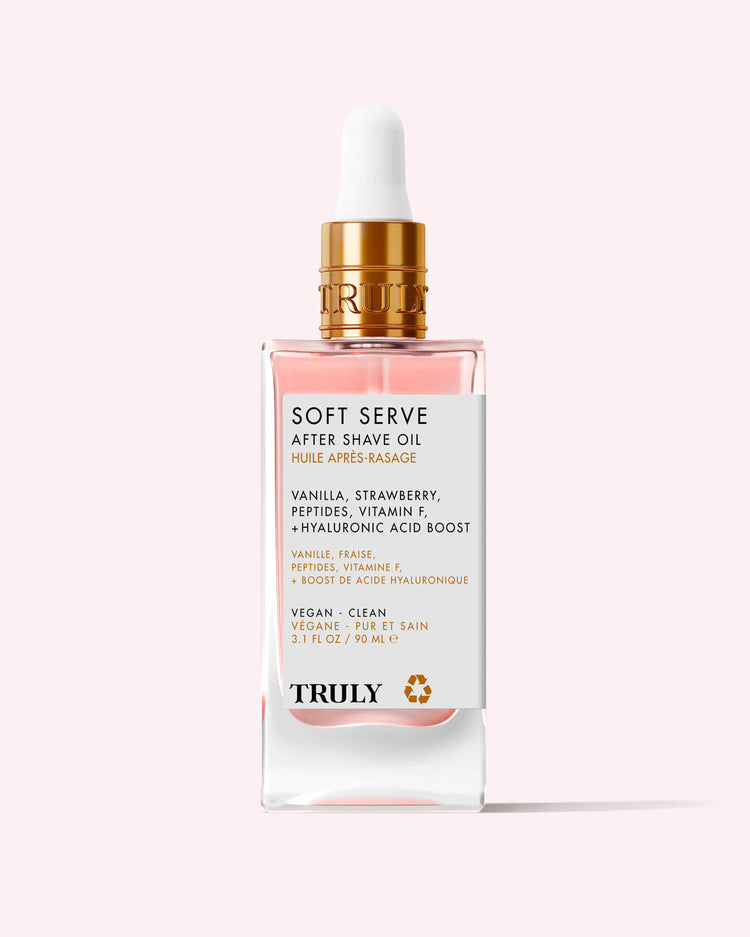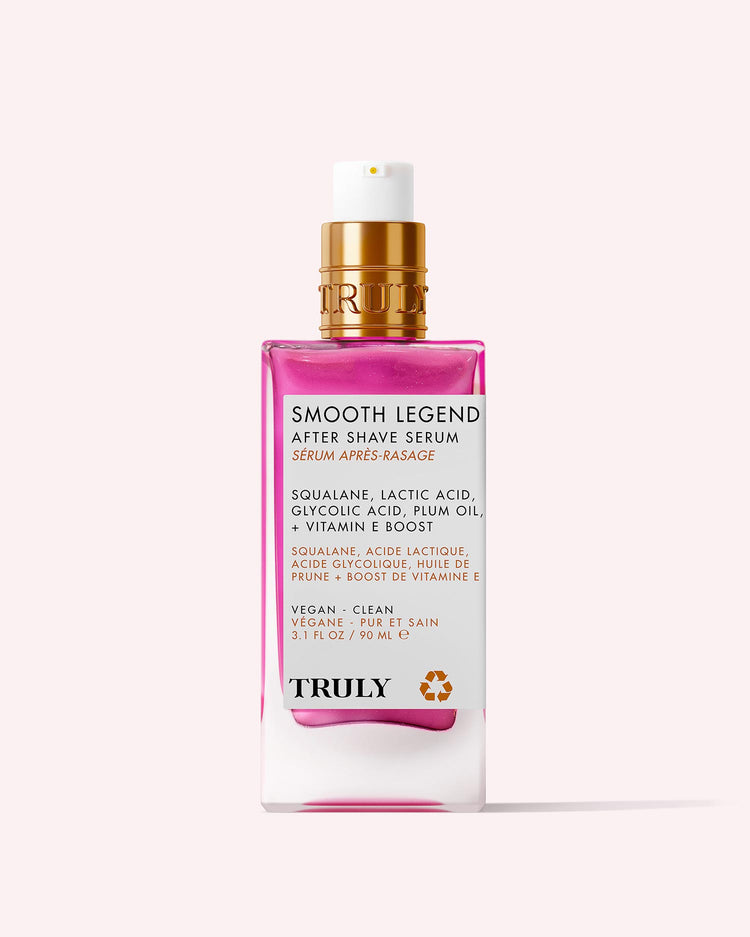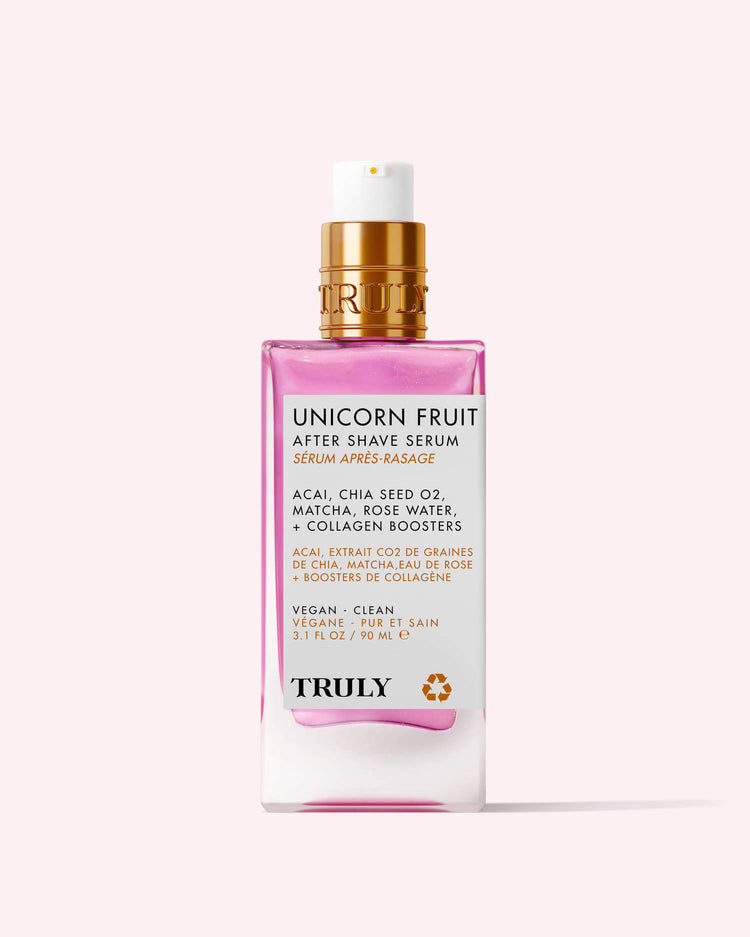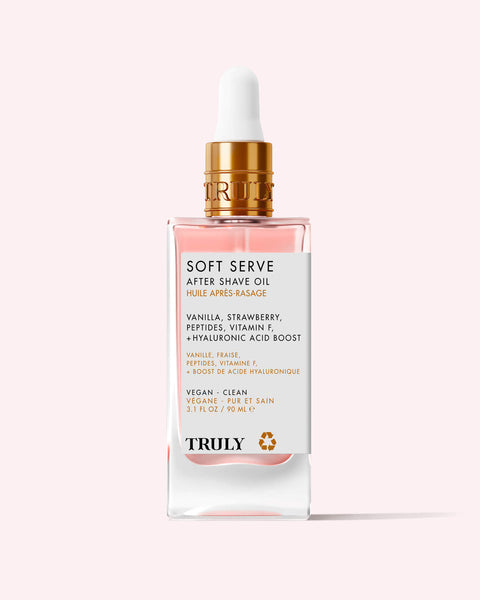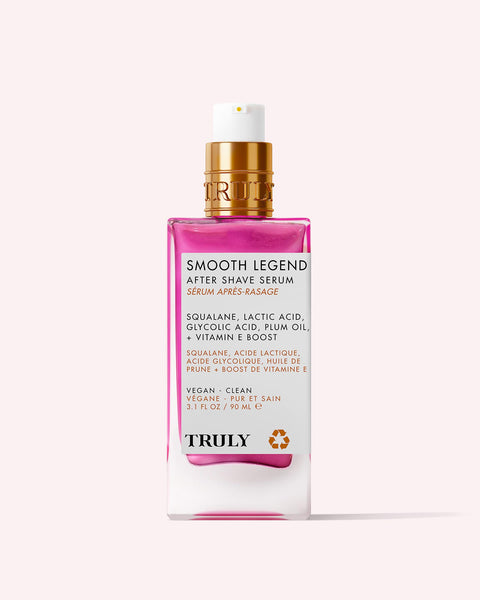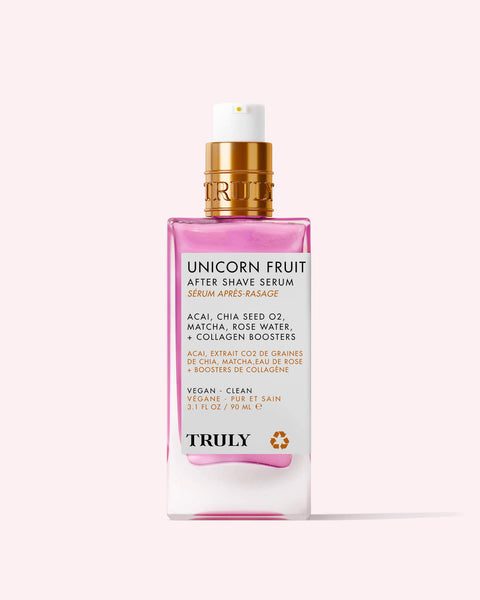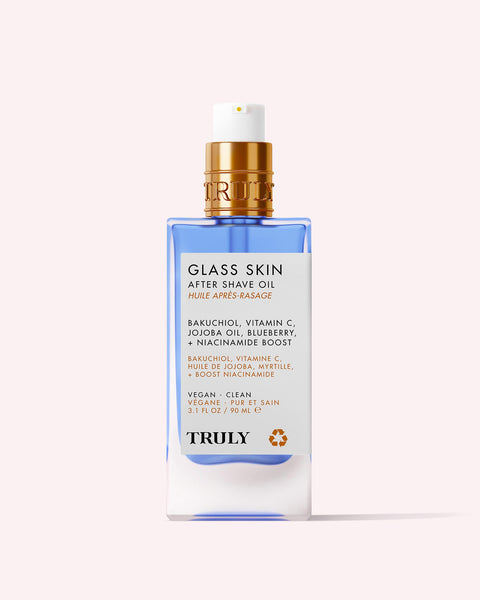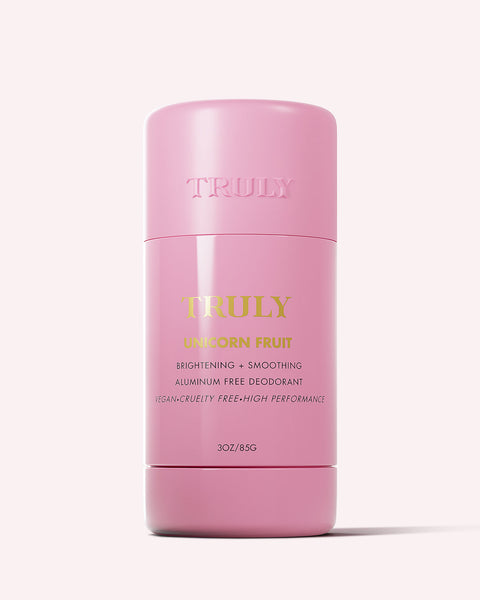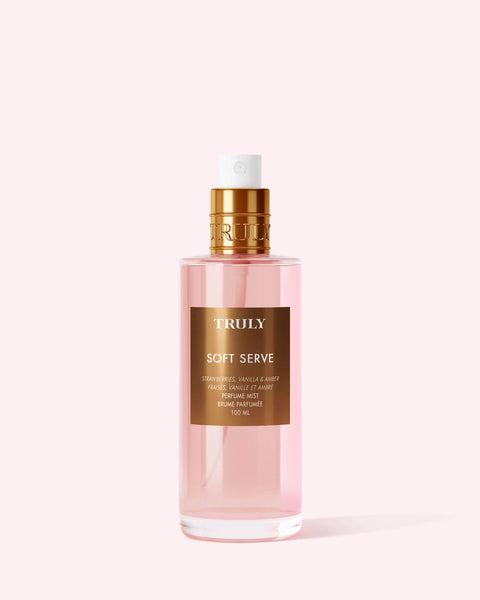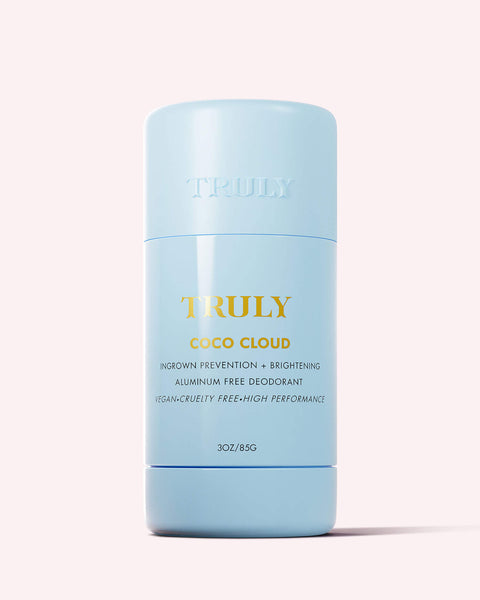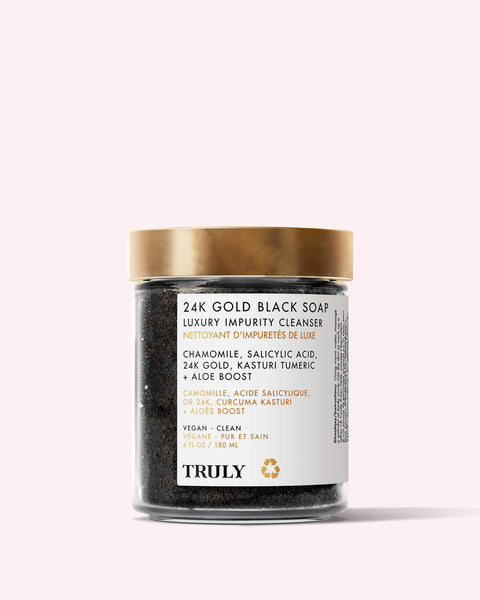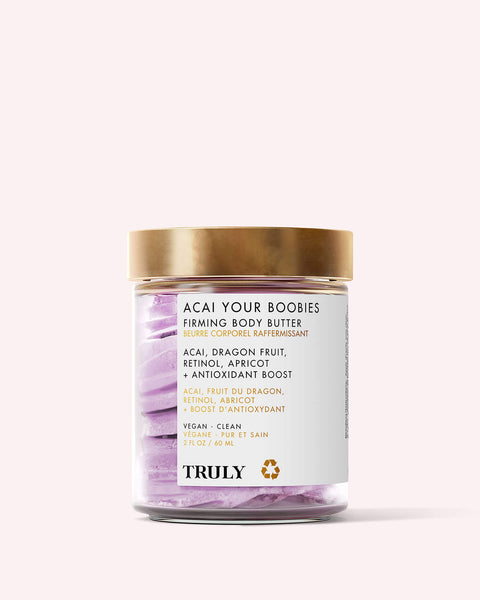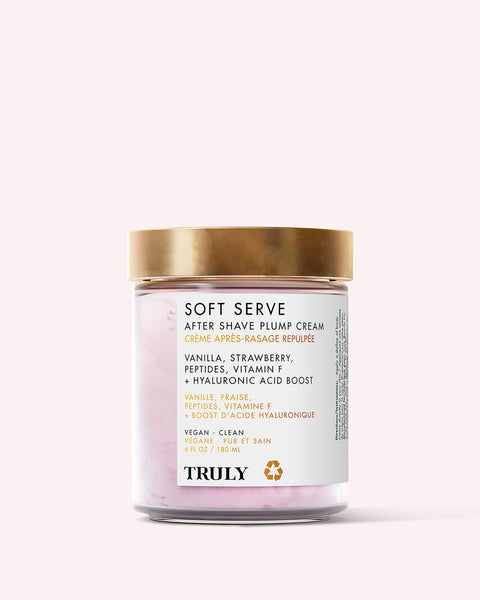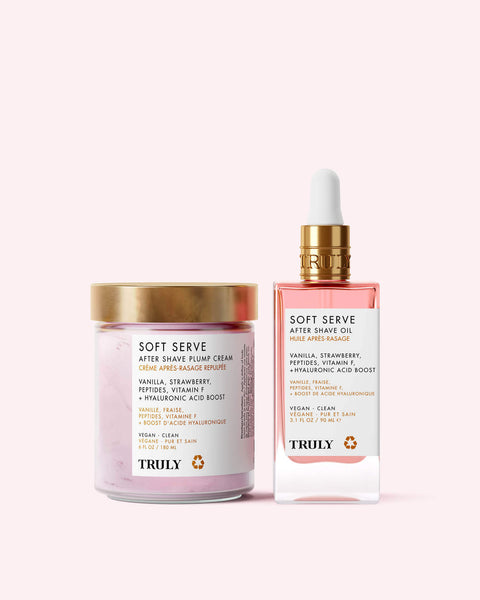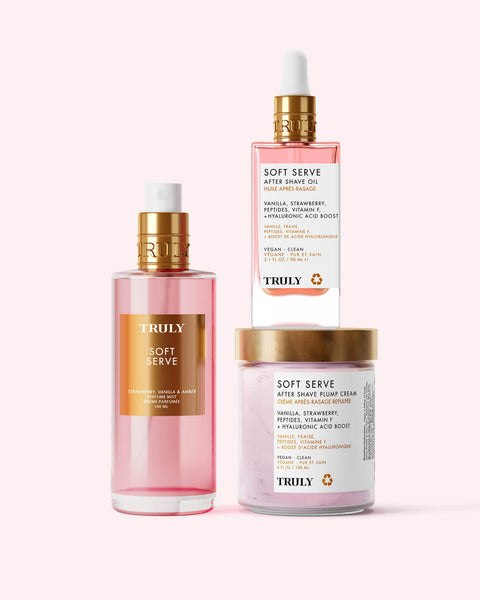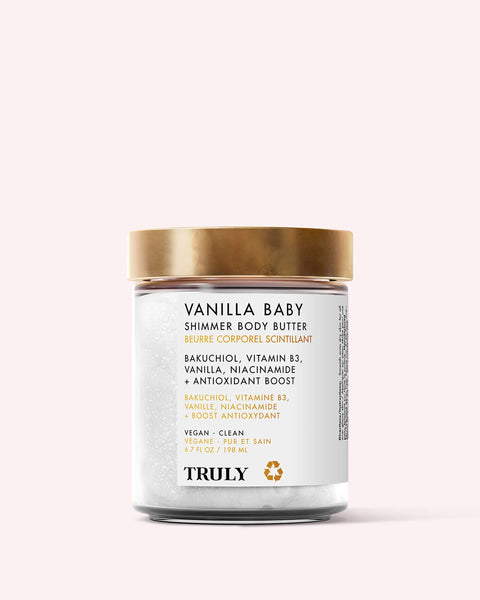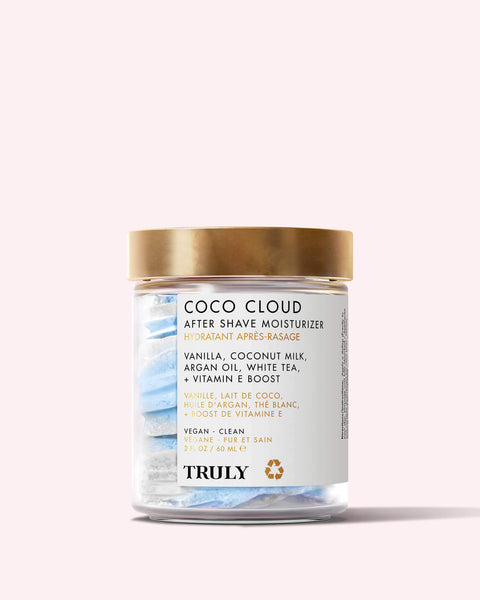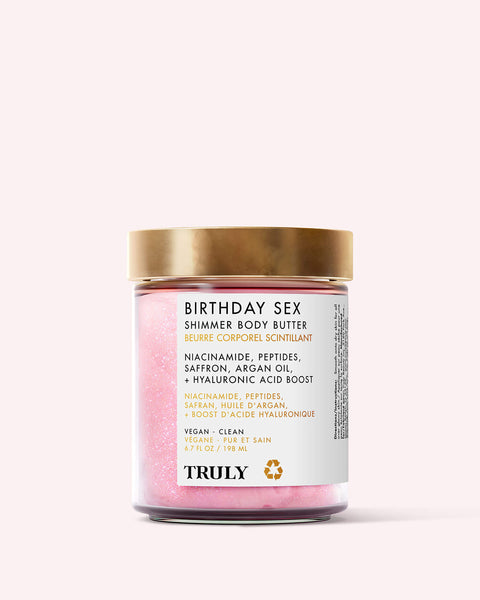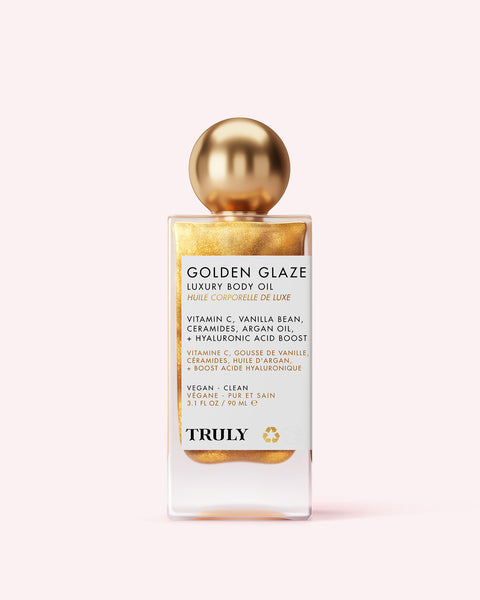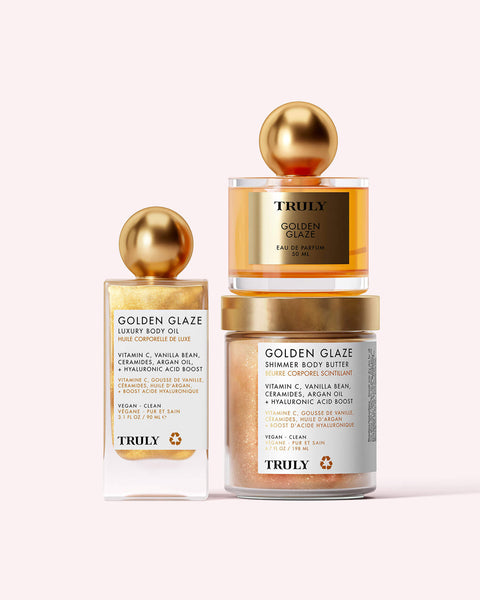Can Vitamin C Irritate Skin? How to Avoid?

Vitamin C might be everyone’s fave active ingredient, but there is a downside to this beauty-boosting antioxidant…it might be irritating your skin.
Sure, its skin benefits are vast. From diminishing fine lines to lightening hyperpigmentation and boosting your glow, vitamin C is one of those cure-all types of ingredients.
However, you still should be aware that some vitamin C formulas can be more potent than others. If you’ve got sensitive skin, for instance, you might notice your skins response to vitamin C involves redness, dryness, and peeling. Ouch!
Let’s take a closer look at vitamin C, how it can irritate the skin, and what you can do to avoid it.
WHY VITAMIN C IRRITATES THE SKIN?
Vitamin C comes with a host of beauty benefits, such as stimulating your skin’s collagen production, fighting free radicals, and brightening dark spots. On the other hand, it can be too harsh for some skin types. And certain formulas may be to strong. So if you’ve noticed bad skin reactions from layering on vitamin C serums, it could all be down to this notable antioxidant.
“With this obvious rise of vitamin C products on the market, there was a direct correlation to these responses to vitamin C,” says skincare specialist Kristina Holey.
Because the skin’s mantle sits at a Ph of approximately 4.5 to 5, vitamin C has to be at a 2pH level of around three, and this may cause some skin irritation and redness.
“There is a lot of chemistry involved here; there is the formula's pH, the skin's pH, and the relationship between the two,” says Klur founder Lesley Thornton. “The form of vitamin C most likely to cause irritation in people with sensitive skin is L-ascorbic acid (L-AA). For L-AA to be stable in water, it must be formulated at a very low pH. This extremely acidic pH offers maximum formula stability, but limited skin compatibility; thus enhancing its exfoliating properties and weakening barrier function, which is why many sensitive skin types may peel, turn red, and have other adverse reactions.”
The more potent the vitamin C, the more irritating it may be for the skin.
And when you repeatedly mess with your skin’s pH levels, your barrier function gets compromised, leaving your skin vulnerable to the damaging effects of UV exposure and free radicals. So you really need to be careful how much you’re applying!
HOW TO PREVENT IRRITATION FROM VITAMIN C?
Before you throw your vitamin C serums away, stop! There are ways to avoid irritation from vitamin C. After all, it would be a shame to miss out on the benefits of this antioxidant when there is a way to avoid its potential side effects altogether. Here are some ways to do that.
- Choose the Right Product
To start with, it’s important to look for high-quality products that contain vitamin C. The trouble with finding the cheap versions is that they tend to use poor quality vitamin C and other additives that don’t necessarily work well together, increasing your chances of irritation.
We always recommend opting for products with a positive reputation. Avoid going too cheap, otherwise you could be creating a recipe for dry, damaged skin.
Try Truly’s Vegan Collagen Bundle, which contains four skin and body formulas rich in vitamin C for beautiful, vibrant skin.
- Introduce it Slowly into your Routine
The last thing you want to do with any acid skincare ingredient is start using it in copious quantities. Applying too much or a too high concentration will stress out the skin, leading to redness, breakouts, and inflammation.
“It is possible to start with a lower concentration of vitamin C and work your way up,” says dermatologist Dr. Kim Nichols. “I recommend that people start with a serum that has a lower concentration of vitamin C, like 10 percent, and then increase to a 15 to 20 percent serum over time as their skin gets used to it. In addition, when introducing any new skincare product into your routine, it is always best to start slow by either doing a patch test or applying two to three times a week at first.”
Luckily with Truly’s Vitamin-C-Formulated Super Matcha Facial Cleanser, you don’t have to worry about slowly incorporating it into your routine. It is a very gentle product guaranteed to keep your skin happy, healthy, and utterly radiant.
- Use the Right Type of Vitamin C
It’s also worth reading up on the different types of vitamin C – because there are many!
The purest form of vitamin C is L-ascorbic acid, so that’s the one we’d definitely recommend going for. However, there are several vitamin C derivatives you should know about such as retinyl ascorbate, tetrahexyldecyl ascorbate, ascorbyl phosphate, ascorbyl palmitate, and magnesium ascorbyl phosphate.
“These derivatives are not pure vitamin C, rather they are combined with other ingredients, which might help to keep the vitamin C stable,” says cosmetic chemist Ron Robinson. “So when these derivatives come in contact with the skin, they release the pure vitamin C onto the skin.”
Fortunately for you, Truly always uses the purest form of vitamin C in all our products, including that of our Starface Jelly Sleep Mask.
WHY IS YOUR SKIN PRONE TO IRRITATION FROM VITAMIN C?
You might be wondering why so many people rant and rave about vitamin C, when all you experience is pain and redness from it.
It could be that you have a weak skin barrier. Or perhaps your skin struggles to handle extreme pH level changes. You could just be “blessed” with genetics that makes your skin a frenemy of vitamin C.
Either way, if you notice your skin getting irritated with an ingredient in your skincare routine, we urge you to take action. The best thing to do is book an appointment with your dermatologist to find the underlying cause of your irritation. Or, keep vitamin C out of your skincare routine until your skin can finally tolerate it.


